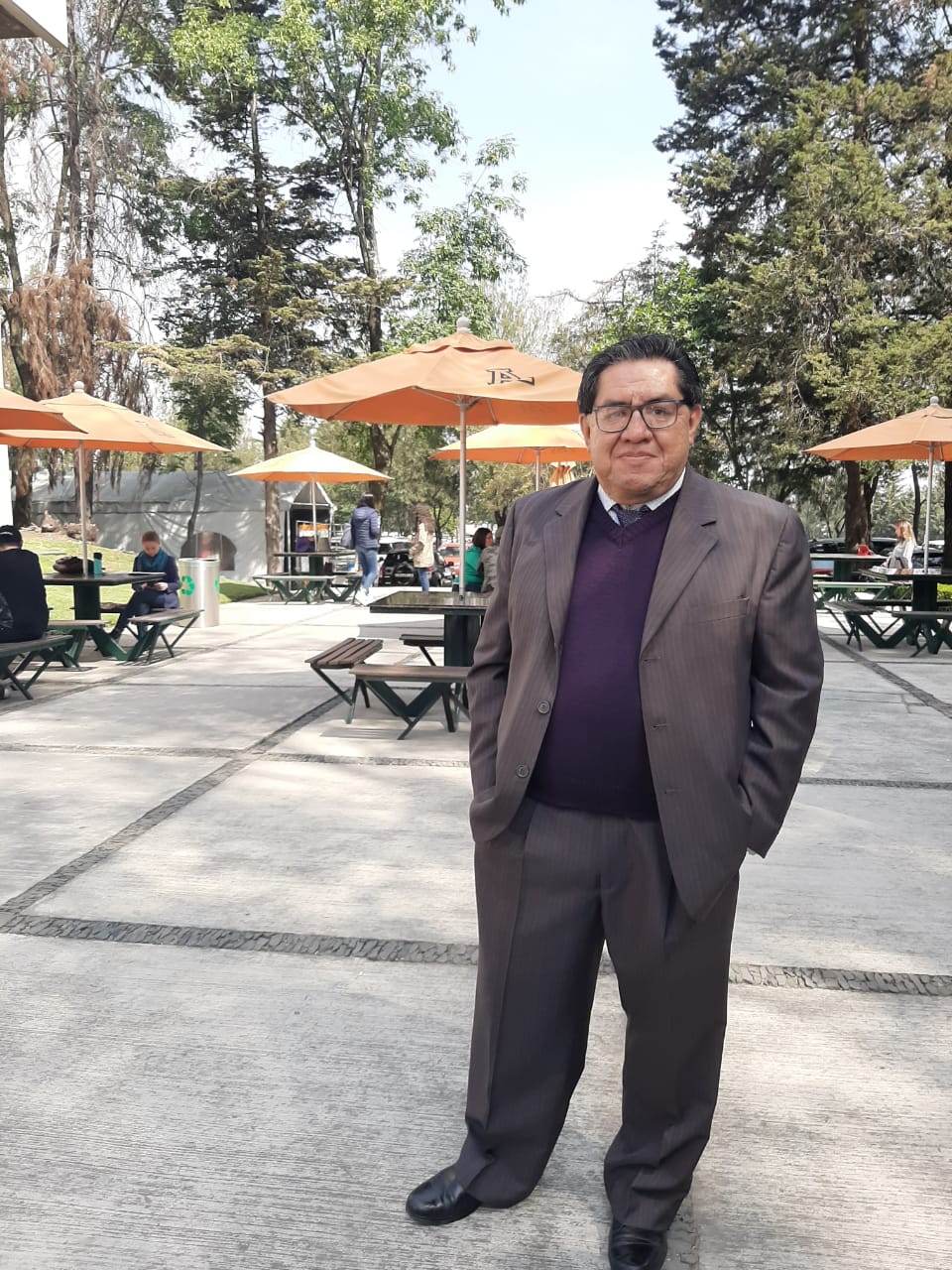Society and communication from the perspective of Manuel Castells network society
Main Article Content
Abstract
The Network Society is a way of understanding the world proposed by Manuel Castells for more than two decades. Based on this concept, the spanish author explains how the advent of digital technologies generated changes so profound that they impacted not only on production processes but on the way people live their daily lives. That is, according to Castells in this new context (2009, p. 154), individuals are rebuilding the model of social interaction with the help of new technological possibilities to create a new model of society: the network society. Thus, the concepts of society and communication take on a new meaning in this paradigm. For this reason, this article will analyze short stories, highlighting the way in which Castells conceives them and in turn relates them to other concepts (such as freedom and technology). Similarly, story concepts (society and communication) will be contrasted with the vision provided by Byung-Chul Han (with which the concept of society will be contrasted) and Marshall McLuhan (with whom the concept of communication will be contrasted).
In this way, the analysis proposed here will seek to contribute to understanding the broad implications contained in the concept of red society, not only from the vision of Manuel Castells, but also seeking comparison and contrast with other visions of the same concepts as other authors, in this case Han and McLuhan.
Downloads
PLUMX Metrics
Article Details
The author keeps the property rights with no restriction whatsoever and guarantees the magazine the right to be the first publication of the work. The author is free to deposit the published version in any other medium, such as an institutional archive or on his own website.
References
Asociación Mexicana de Internet. (2019). 15º Estudio Sobre los Hábitos de los Usuarios de Internet en México 2019. México: AMIPCI.
Castells, M. (2001). La galaxia Internet. Madrid: Plaza & Janés.
Castells, M. (2006). La sociedad red: una visión global. Madrid: Alianza Editorial.
Castells, M. 2009. Comunicación y poder. Madrid: Alianza Editorial.
Han, B-C. (2012). La sociedad del cansancio. Barcelona: Herder.
Han, B-C. (2014). Psicopolítica. Barcelona: Herder.
Hauben, R. (1993). The International and Scientific Origins of the Internet and the Emergence of the Netizens. Ronda Hauben. Recuperado de http://www.ais.org/~jrh/acn/acn15-2.articles/rhauben.pdf
McLuhan, M. (1969). El medio es el mensaje. Barcelona: Paidós.
McLuhan, M. y Powers, B. R. (1989.) La aldea global. Barcelona: Gedisa.
Terceiro B. J. y Matías, G. (2001). Digitalismo. El nuevo horizonte sociocultural. Madrid: Taurus Digital.

